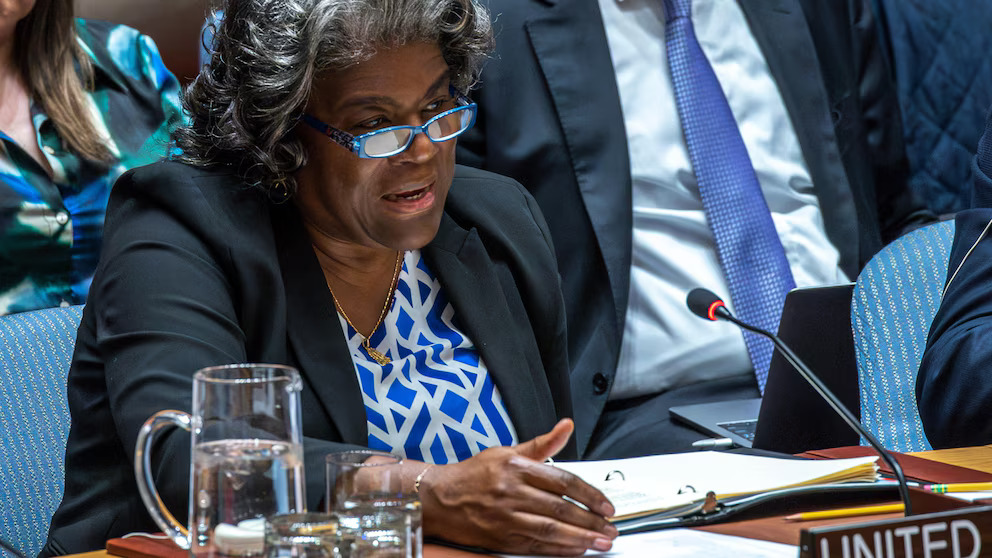The United Nations has recently taken a major step forward in ensuring the safety of artificial intelligence, marking a significant moment in its ongoing efforts toward global cooperation and progress.
As reported by the Associated Press, the General Assembly has unanimously endorsed a resolution aimed at ensuring that the benefits of AI technology are accessible to all nations and are accompanied by robust safety measures.
Spearheaded by the United States and supported by 123 other countries, the resolution garnered widespread participation, with even nations like Russia, Cuba, and China actively engaging in the collaborative process. This inclusive approach saw involvement from all 193 member nations of the U.N.
The drafting of the resolution was a collaborative effort among participating countries, reflecting a shared commitment to addressing the complex challenges posed by the rapid advancement of AI technology.

In the aftermath of the vote, ambassadors from various nations, including the Bahamas, Japan, the Netherlands, Morocco, the UK, and Singapore, expressed their enthusiastic endorsement of the resolution during a joint news conference.
Political leaders also weighed in on the significance of the resolution. Vice President Kamala Harris hailed it as a “historic” decision, emphasizing the importance of ensuring that AI remains “safe, secure, and trustworthy.” She underscored the imperative for AI development to prioritize the public interest and safeguard individuals from potential harm while maximizing the technology’s benefits for all.
Secretary of State Antony Blinken echoed Harris’s sentiments, describing the resolution as a “landmark effort” and highlighting its pioneering global approach to AI development and utilization.
President Biden, who had previously addressed the General Assembly on the subject, reiterated his commitment to leveraging AI for societal good while mitigating associated risks.
Prior to the vote, U.S. Ambassador Linda Thomas-Greenfield delivered a poignant address, emphasizing the unprecedented consensus achieved through the resolution. She underscored the symbiotic relationship between the United Nations and AI, framing their convergence as an opportunity for collective governance rather than unchecked technological dominance.
Thomas-Greenfield emphasized the urgency of the moment, acknowledging the rapid pace of technological advancement and its implications, particularly for developing nations. She stressed the resolution’s role in instilling confidence among nations regarding their future access to and utilization of AI technology.
The resolution acknowledges the dynamic nature of AI governance and the evolving regulatory landscape. It recognizes the need for responsible oversight while ensuring that regulatory frameworks remain conducive to innovation and beneficial to society at large.


